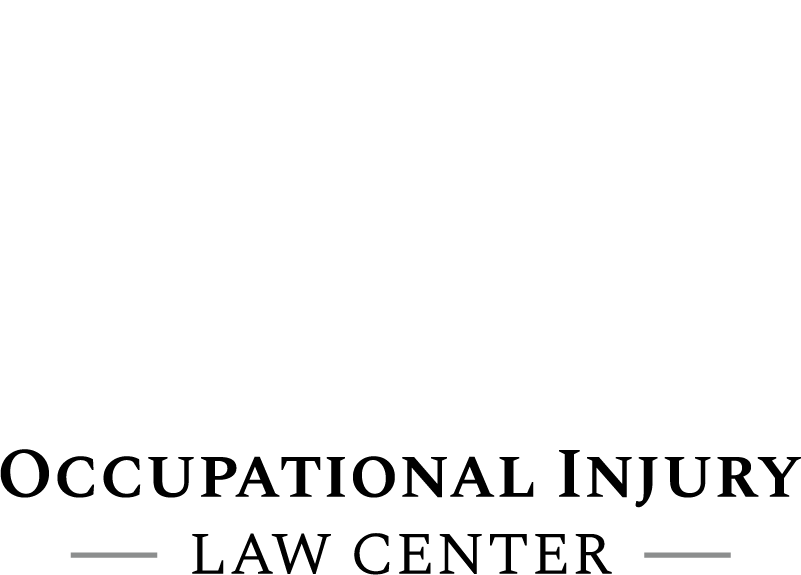With America seemingly mired in an opioid epidemic, responsible doctors are becoming much more conservative in prescribing these powerful pain relievers to patients. Instead, they’re prescribing non-opioid medications, such as NSAIDs, and non-pharmacologic pain treatments, such as physical therapy.
This means that if you’ve suffered an injury on the job, you’re probably less likely to receive a refillable opioid prescription than you may have in the past. However, it depends in part on where you live.
A recently published study by the Workers Compensation Research Institute (WCRI) looked at over 575,000 nonsurgical workers’ compensation claims in 27 states, including California, where workers missed more than seven days of work. In all of the claims studied, patients were prescribed at least one medication covered by workers’ comp. The claims studied ran from 2011 through 2018.
Researchers found differences among the states in what percentage of claims included prescriptions for opioids as well as in the changes in the percentage of claims that included an opioid prescription between 2012-2014 and 2016-2018. However, in general, significantly fewer workers’ comp recipients were prescribed opioids in the later years covered by the study.
Interestingly, the decrease in opioid prescriptions wasn’t completely offset by non-opioid prescriptions. Fewer workers have been prescribed any type of pain medication (at least covered by workers’ comp claims).
In California, less than 40% of claims from 2016 to 2018 included an opioid prescription. That’s among the lowest of all of the states studied. The states with the highest percentage (60% to 70%) were all in the south.
Many people want the strongest pain relievers available after we’ve suffered an injury. In addition to relieving pain, they may think that it will help them get back to work sooner. However, just because a drug has alleviated our pain, that doesn’t mean our body has healed. It’s also essential to weigh the potential dangers of developing a dependence on or even an addiction to a drug.

